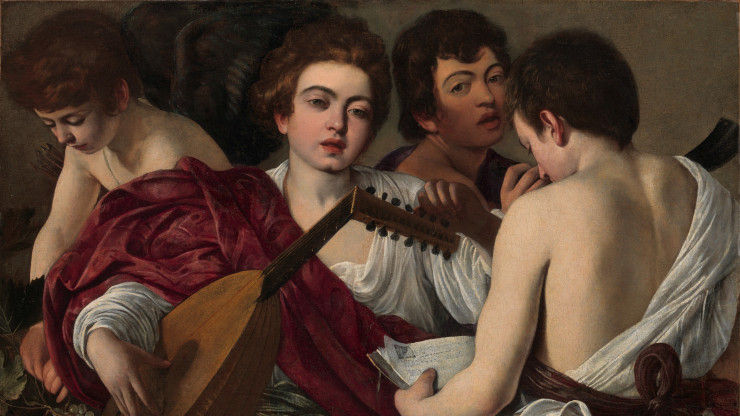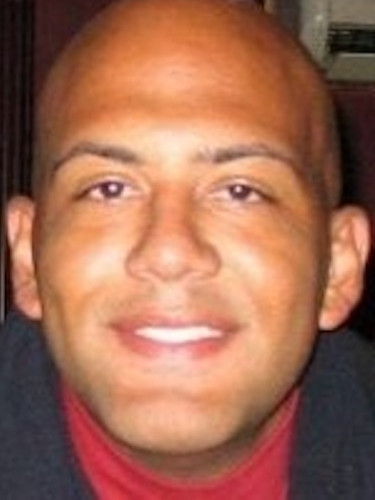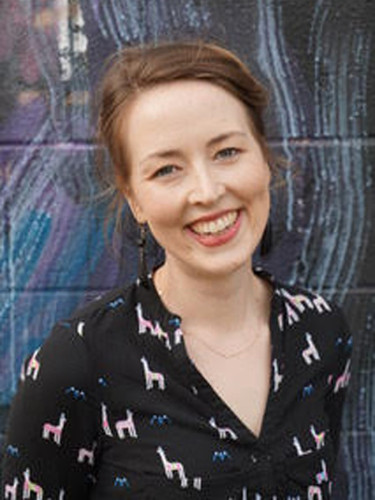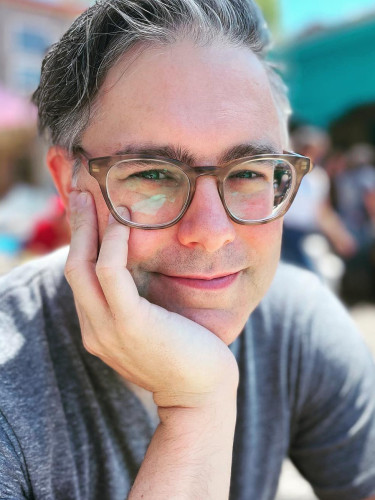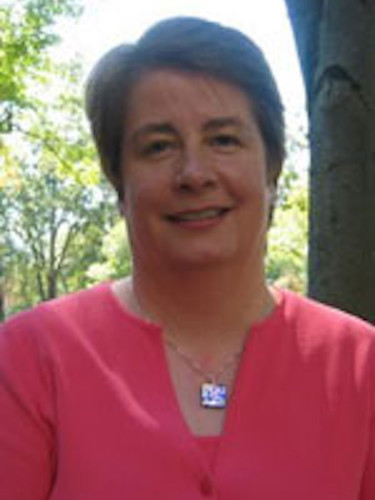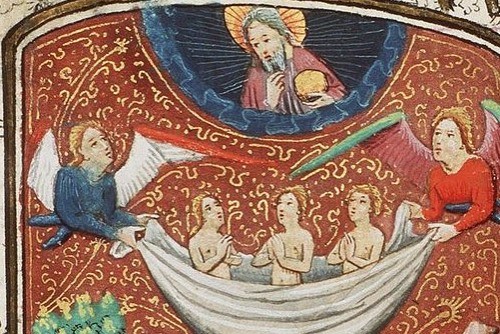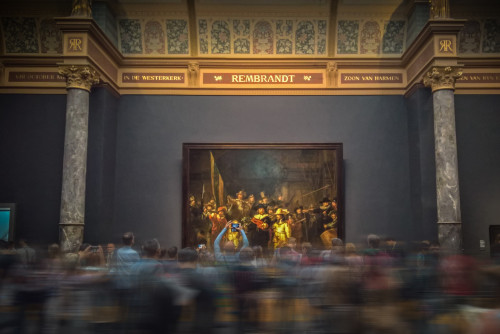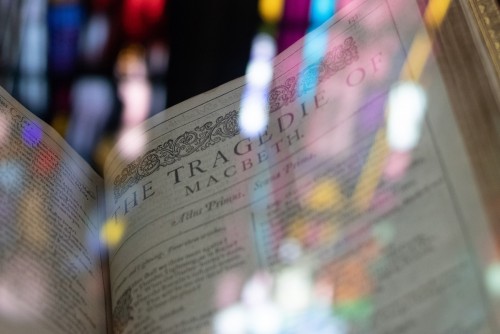The Medieval and Early Modern Studies program at Sewanee is designed to develop a cross-disciplinary overview of these historical periods, incorporating the study of the arts, literature, history, and philosophy, as well as to offer scope for mentored research projects in pursuit of the student's own distinctive scholarly interests.
We encourage our majors and minors to take advantage of a range of study-away opportunities, including a longstanding relationship with the Centre for Medieval and Renaissance Studies at Oxford. Founded in 1975, the institute provides academic training for overseas students who wish to complete part of their education at Oxford in these areas of study.
Sewanee also offers an opportunity unique among small liberal arts colleges as host of the Sewanee Medieval Colloquium, an annual academic conference. The colloquium is held each spring and draws scholars from across the country (and beyond) to campus; student attendance at all the events is welcomed, and participation by majors and minors is encouraged.
